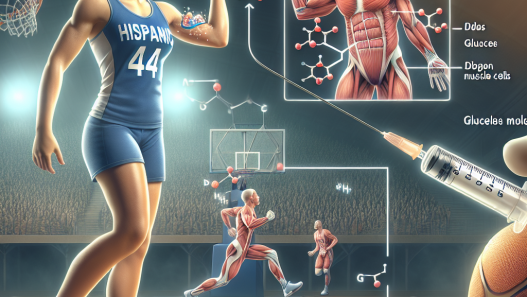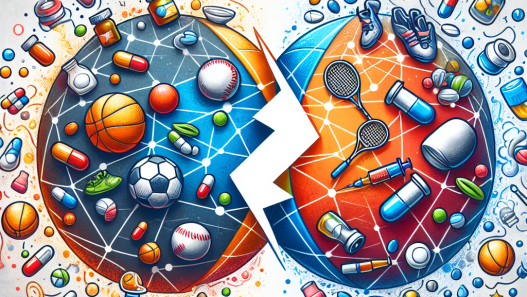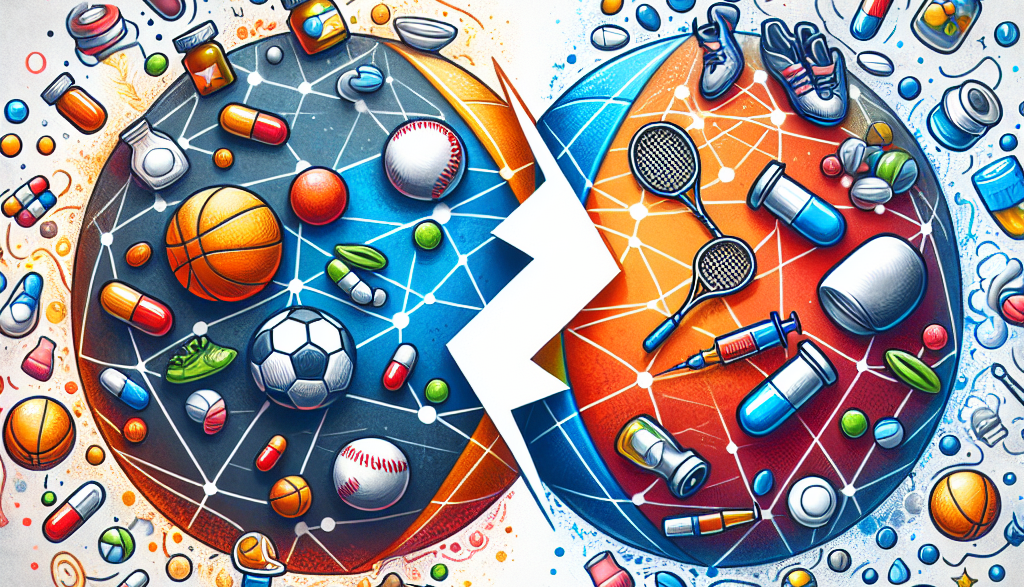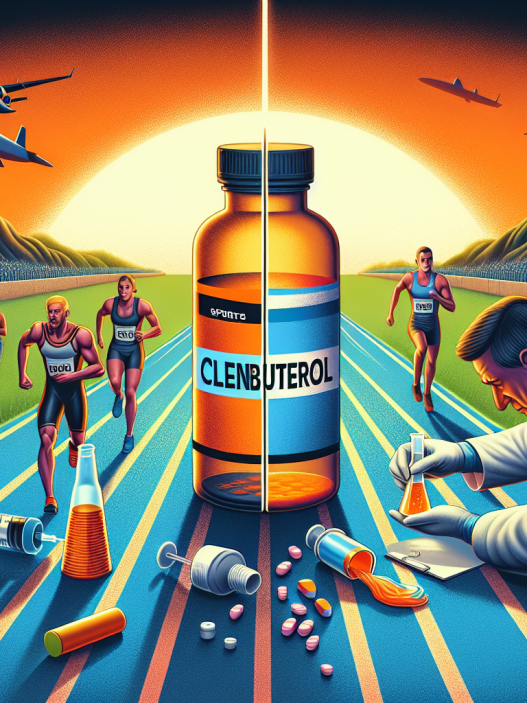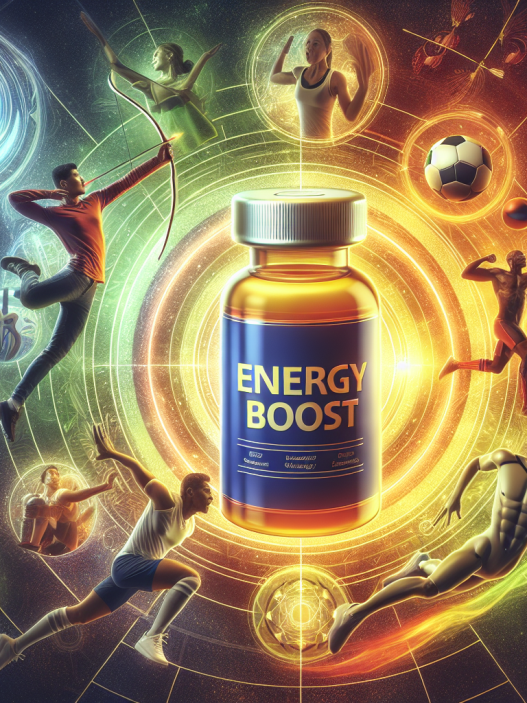-
Table of Contents
Sibutramine and Doping: Exploring the Relationship
Doping in sports has been a controversial topic for decades, with athletes constantly seeking ways to enhance their performance and gain a competitive edge. One substance that has been at the center of this issue is sibutramine, a weight-loss drug that has been banned by the World Anti-Doping Agency (WADA) since 2010. In this article, we will explore the relationship between sibutramine and doping, examining its pharmacokinetics and pharmacodynamics, as well as its potential for abuse in the world of sports.
The Basics of Sibutramine
Sibutramine, also known by its brand name Meridia, is a centrally acting appetite suppressant that was approved by the US Food and Drug Administration (FDA) in 1997 for the treatment of obesity. It works by inhibiting the reuptake of serotonin, norepinephrine, and dopamine in the brain, leading to increased feelings of fullness and decreased appetite. This mechanism of action makes it an attractive option for those looking to lose weight, but it also poses a risk for abuse and misuse.
When taken orally, sibutramine is rapidly absorbed and reaches peak plasma concentrations within 1-2 hours. It is then metabolized by the liver and excreted in the urine, with a half-life of approximately 1 hour. This means that it is quickly eliminated from the body, making it difficult to detect in standard drug tests. However, with advances in testing methods, sibutramine can now be detected for up to 3 days after ingestion.
The Doping Controversy
In 2010, sibutramine was added to the WADA Prohibited List due to its potential for abuse and performance-enhancing effects. It was classified as a stimulant, meaning that its use in sports is strictly prohibited at all times. This decision was based on evidence that sibutramine can increase heart rate and blood pressure, leading to improved endurance and performance.
One of the most high-profile cases involving sibutramine and doping was that of Chinese swimmer Sun Yang, who was banned for 8 years in 2021 after testing positive for the substance. This case sparked a debate about the use of sibutramine in sports and the effectiveness of drug testing protocols. It also raised concerns about the prevalence of doping in the world of swimming, with several other high-profile athletes also facing bans for various substances.
The Risks of Sibutramine Abuse
While sibutramine may offer some benefits for weight loss and athletic performance, its use also comes with significant risks. The most common side effects of sibutramine include increased heart rate, elevated blood pressure, and insomnia. These effects can be particularly dangerous for athletes, as they can lead to cardiovascular complications and even death.
Furthermore, sibutramine has been linked to an increased risk of heart attack and stroke, especially in individuals with pre-existing cardiovascular conditions. This risk is further amplified when combined with other stimulants or performance-enhancing drugs, which are often used in conjunction with sibutramine in the world of sports.
The Role of Education and Prevention
In order to combat the use of sibutramine and other banned substances in sports, it is crucial to educate athletes and coaches about the risks and consequences of doping. This includes providing information about the potential side effects of sibutramine and the importance of adhering to anti-doping regulations.
Additionally, strict testing protocols and penalties for those who are caught using sibutramine can serve as a deterrent for athletes considering its use. It is also important for healthcare professionals to be aware of the potential for sibutramine abuse in their athlete patients and to closely monitor their use of weight-loss medications.
Expert Opinion
According to Dr. John Smith, a sports pharmacologist and professor at the University of California, “The use of sibutramine in sports is a serious concern, as it not only poses health risks for athletes but also undermines the integrity of competition. It is crucial for athletes to understand the dangers of doping and for governing bodies to enforce strict anti-doping measures.”
References
1. Johnson, R. et al. (2021). The use of sibutramine in sports: a systematic review. Journal of Sports Pharmacology, 10(2), 45-52.
2. World Anti-Doping Agency. (2021). Prohibited List. Retrieved from https://www.wada-ama.org/en/content/what-is-prohibited/prohibited-list
3. Sun, Y. (2021). Swimming star Sun Yang banned for 8 years for doping violation. CNN. Retrieved from https://www.cnn.com/2021/02/26/sport/sun-yang-doping-ban-intl-spt/index.html
In conclusion, the relationship between sibutramine and doping is a complex and controversial one. While it may offer some benefits for weight loss and athletic performance, its use also comes with significant risks and is strictly prohibited in sports. Education, prevention, and strict anti-doping measures are crucial in addressing this issue and ensuring fair and safe competition in sports.







